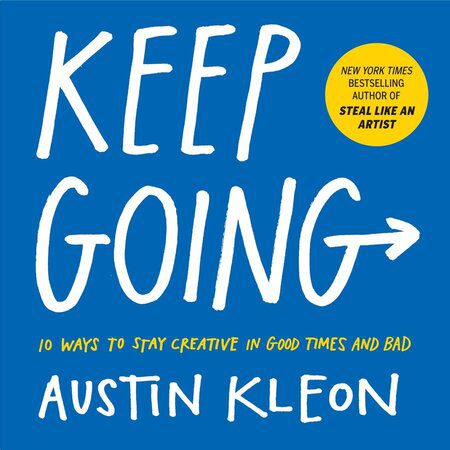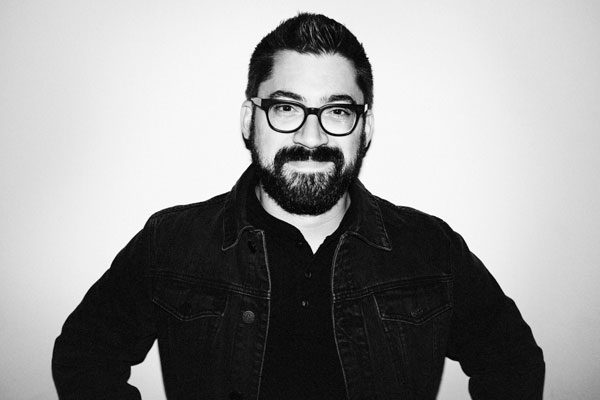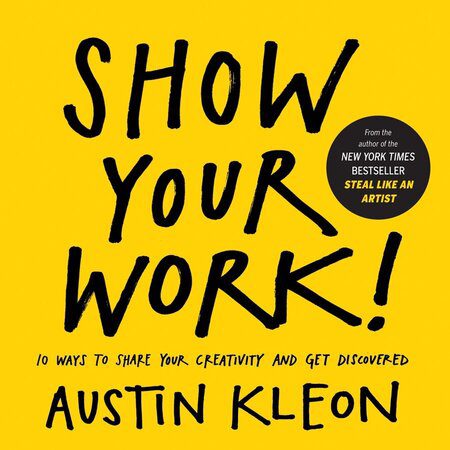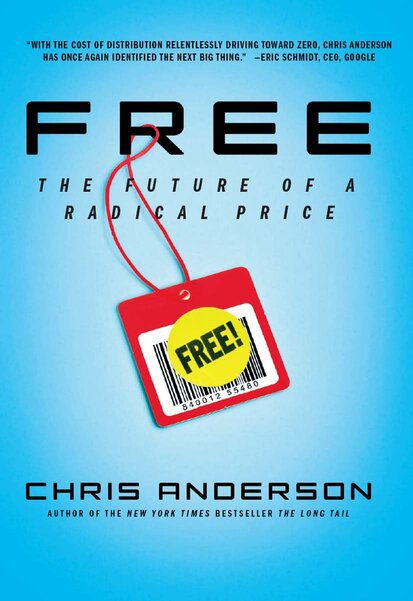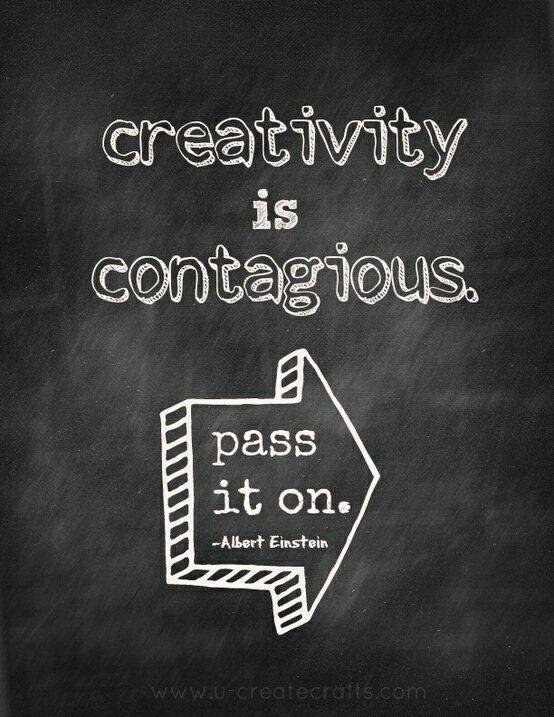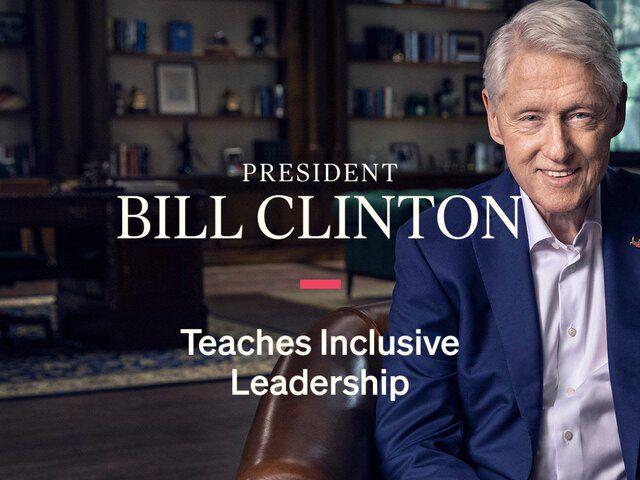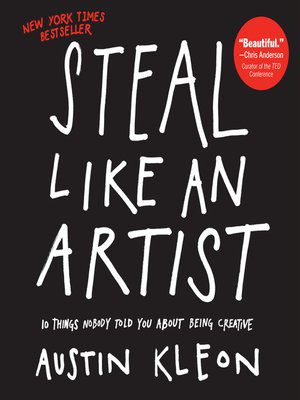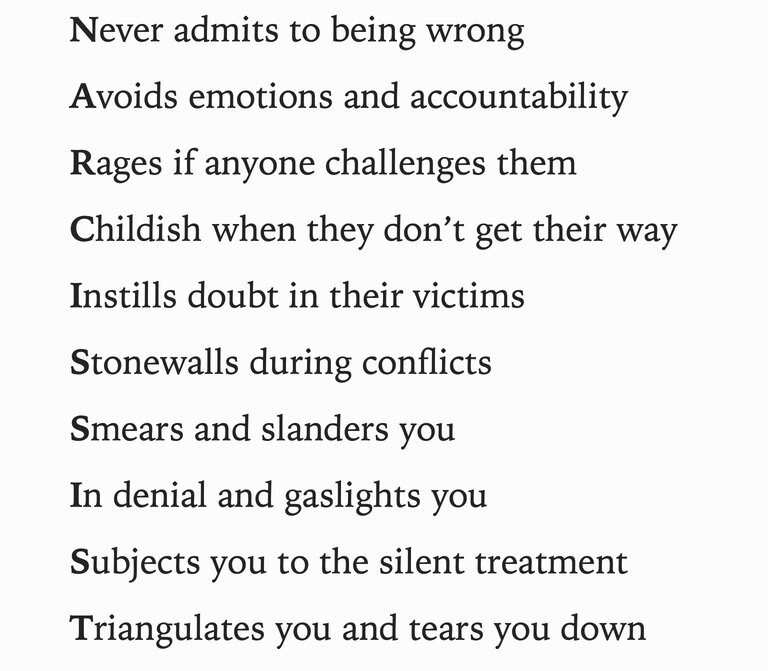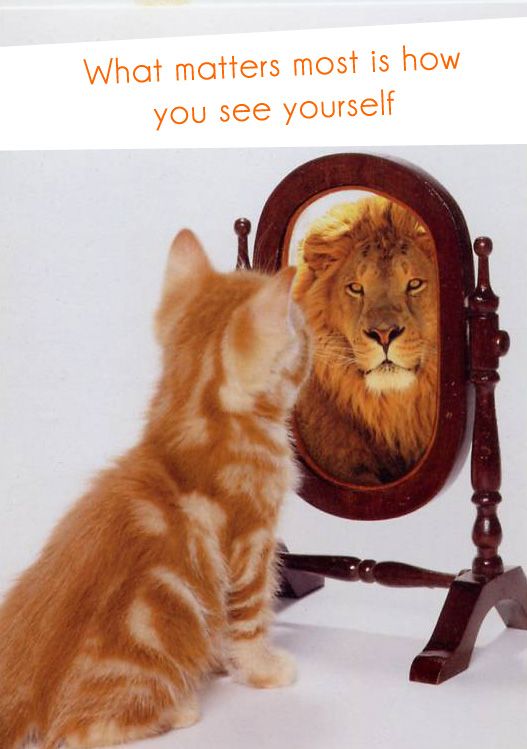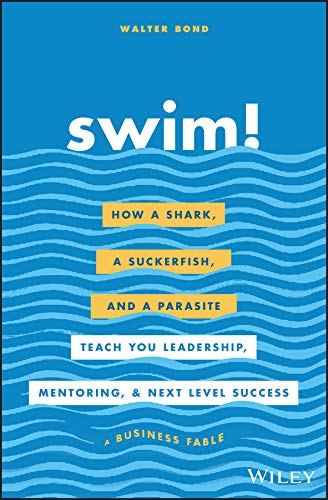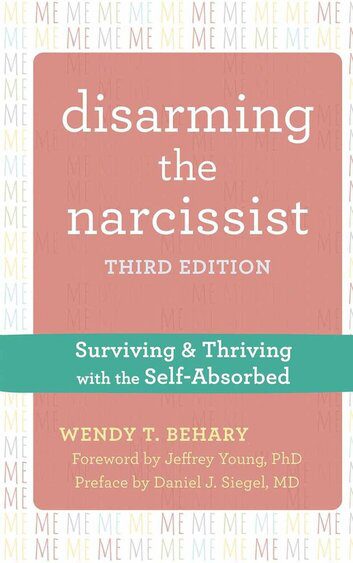In Keep Going: 10 Ways to Stay Creative in Good Times and Bad, author Austin Kleon shares 10 ways to stay creative, focused, and true to yourself during the good and bad times.
Austin Kleon is the New York Times bestselling author of a trilogy of illustrated books about creativity in the digital age: Steal Like An Artist, Show Your Work!, and Keep Going. The triology by Kleon addresses a different theme in each of the books.
- Steal Like An Artist: A list of 10 advice for young artists starting (manifesto for creativity in the digital age)
- Show Your Work: A list of 10 ways to share your creativity and get discovered in the process (Self-Promotion).
- Keep Going: 10 ways to stay creative and focused during the good and bad times (Creative Resilience)
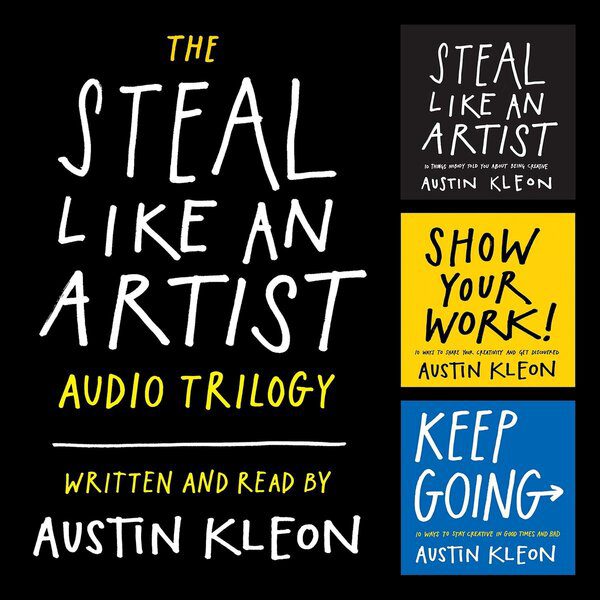
I found Kleon triology on creativity to be thought provoking, inspiring and illuminating. Here are some great insights from the three books:
In Show Your Work!: 10 Ways to Share Your Creativity and Get Discovered, author Austin Kleon writes about self-promotion, thinking about your work as a never-ending process, how to share your process in a way that attracts people who might be interested in what you do, and how to deal with the ups and downs of putting yourself and your work out in the world.
Show Your Work is a list of 10 ways to share your creativity and get discovered in the process. The big idea of the book is that creativity is about the process and not the product. By sharing your process openly, you can build an audience that you can use to gather feedback, make a personal and professional connection or patronage.
Creativity is the use of the imagination or original ideas, especially in the production of an artistic work. Creativity comes from the Latin term creare, “to create, make”. Creativity occurs when you take an idea from one state and you transform it into another form either by adding, subtracting, remixing, editing, or re-imagining it. We all have the potential to be creative if we develop our innate talent. It is in all of us, we all have ideas but the difference between does we call creative(s) and the consumer(s) is what they do with the idea. As American author, Leonardo Buscaglia once noted “Your talent is God’s gift to you. What you do with it is your gift back to God.”
The Web’s Lesson: When Something Halves in Price Each Year, Zero Is Inevitable.
In Free: The Future of a Radical Price, English-American author, entrepreneur and former Editor in chief of Wired magazine, examines the freemium strategy where products and services are initially given to customers for free, and how businesses can profit more in the long run.
The costs associated with the growing online economy are trending toward zero at an incredible rate.
Anderson argues that in many instances businesses can profit more from giving things away than they can by charging for them. Far more than a promotional gimmick, Free is a business strategy that may well be essential to a company’s survival.
Creativity is the use of the imagination or original ideas, especially in the production of an artistic work. Creativity comes from the Latin term creare, “to create, make”.
Here are 30 Quotes on Creativity
What is creativity? The relationship between a human being and the mysteries of inspiration. –Elizabeth Gilbert, Big Magic
Born in 1946, President Clinton spent his earliest years at the home of his grandparents, Edith and Eldridge Cassidy, while his mother attended nursing school (his father had tragically died in a car accident several months before he was born). When he was four years old, his mother remarried, and the family moved to the lively resort town of Hot Springs, Arkansas.
Steal Like an Artist: 10 Things Nobody Told You About Being Creative is a manifesto for creativity in the digital age. In 2011, Kleon was asked to address college students in upstate New York, he shaped his speech around the ten things he wished someone had told him when he was starting out.
We all have to deal with emotionally manipulative people, personality/mentally disordered individuals such as narcissists, sociopaths, or psychopaths, at one point or the other. They come in varying forms, shapes, and relationship styles. They can either be our snake in suits co-workers, enmeshed siblings, entangled and dysfunctional family unit, parents that emotionally blackmail their kids using Fear, Obligation, and Guilt (FOG), friends and acquaintances in sheep clothing.
The Narcissist usually lacks empathy, self-awareness, obsessed with their appearance and how they are perceived by others. Having a relationship with the narcissist is a roller coaster of emotions, it involves walking on eggshells, drama, grief, unnecessary arguments, caretaking, and trying to rescue the narcissists.
English actor and stand-up comedian Rik Mayall was given an Honorary Doctorate by the University of Exeter in 2008. In his entertaining acceptance speech, he gave the rest of the year’s graduates an insight into his guiding principles.
Narcissism is a self-centered personality style characterized as having an excessive interest in one’s physical appearance and an excessive preoccupation with one’s own needs, often at the expense of others. 1 A narcissist is an individual showing symptoms of or affected by narcissism such as an extremely self-centered person who has an exaggerated sense of self-importance. A Narcissist has a bloated self-image/ego, ignores the needs of those around them. 2 A bit of narcissism is not bad as it is sometimes needed for self-confidence. Although, too much obsession with oneself can lead to malignant or grandiose narcissism.
I am a super fan of the Masters of Scale podcast hosted by Reid Hoffman (founder of LinkedIn, investor at Greylock). In each episode of the podcast, Reid interviews visionary leaders and founders, distilling the strategies that power their company’s growth.
In Masters of Scale: Surprising Truths from the World’s Most Successful Entrepreneurs, teams up with Masters of Scale’s executive producers to offer a rare window into the entrepreneurial mind, sharing hard-won wisdom from leaders of iconic companies (including Apple, Nike, Netflix, Spotify, Starbucks, Google, Instagram, and Microsoft) as well as the bold, disruptive startups (such as 23andMe, TaskRabbit, Black List, and Walker & Co.) that are solving the problems of the twenty-first century.
Each chapter identifies one of ten key themes that carry you through the entrepreneurial journey. The journey begins with surprising ways to surface and recognize your big idea, then proceeds to some of the early-stage challenges of building and funding a new venture, a period when you must do things that don’t scale now in order to scale later.
Each chapter identifies one of ten key themes that carry you through the entrepreneurial journey. The journey begins with surprising ways to surface and recognize your big idea, then proceeds to some of the early-stage challenges of building and funding a new venture, a period when you must do things that don’t scale now in order to scale later.
Hillary Rodham Clinton was the first woman to be nominated for the presidency by a major political party in the U.S. and the first woman to win the popular vote. She was New York’s first female senator, and so far she is the only First Lady (the official title of a U.S. president’s wife) to serve in elected office.
The core of being resilient is to have strong values and a sense of mission.
Our chief want in life is somebody who will make us do what we can. – Ralph Waldo Emerson
In Swim!: How a Shark, a Suckerfish, and a Parasite Teach You Leadership, Mentoring, and Next Level Success, American former professional basketball player, and peak performance speaker Walter Bond writes about timeless lessons that we can learn from Sharks, Suckerfishes and parasites. How to develop a shark mentality, live with the suckerfishes and manage the parasites in our lives.
Great leaders influence; bad leaders rule. A shark should recognize a suckerfish’s weaknesses or shortcomings and have a heart to help them grow and improve, knowing they are valuable.
At the core of Walter’s teaching is the sacred six:
- Sharks never stop moving forward.
- Sharks never look down; they always look up.
- Sharks are always curious and always learning.
- Sharks always respect their environment and recognize other sharks.
- Sharks are always flexible.
- Sharks always elevate their suckerfish to new levels.
“When we live in harmony with the Sacred Six, we are truly swimming like sharks. Sharks just don’t swim, they SWIM.
In Disarming the Narcissist: Surviving and Thriving with the Self-Absorbed, psychotherapist Wendy T. Behary offers a practical tool kit that gives readers insights into how to manage the emotional challenges of relating to someone who does not relate to us: the narcissistic individual. The book is a how-to survival guide filled with useful tips informed by two branches of science: the cognitive science view of how the mind is organized around schemas, and interpersonal neurobiology.
